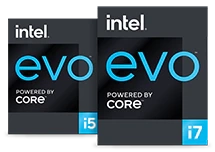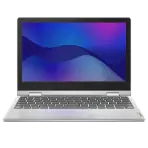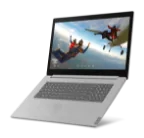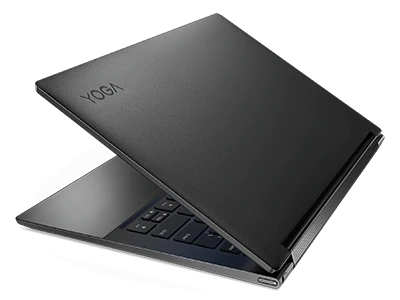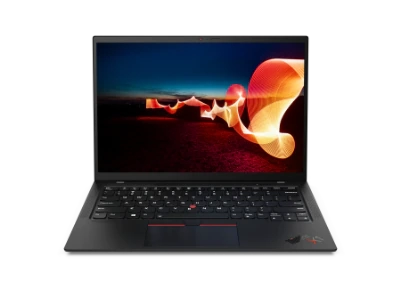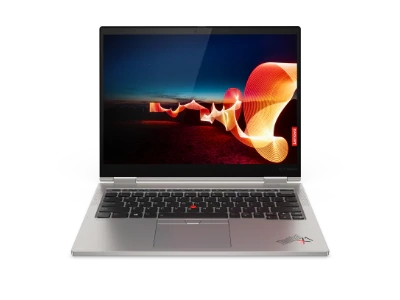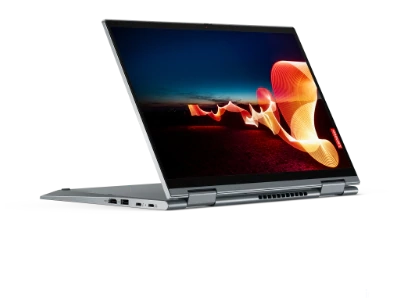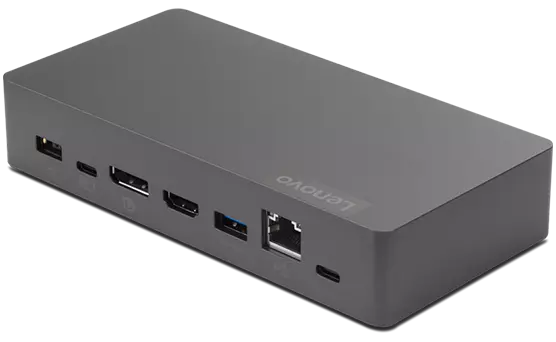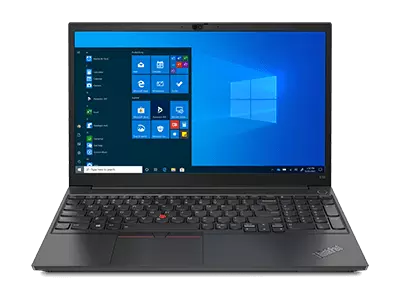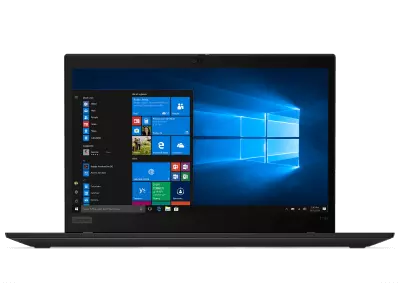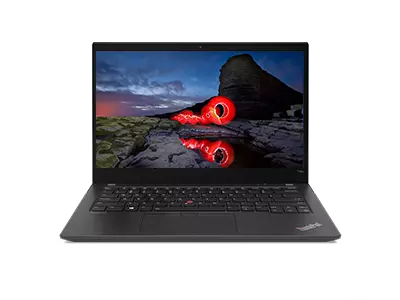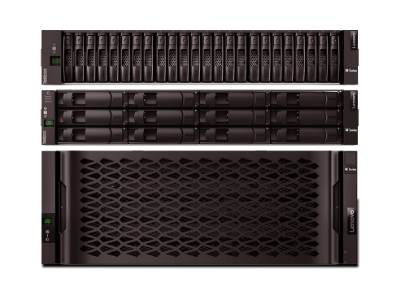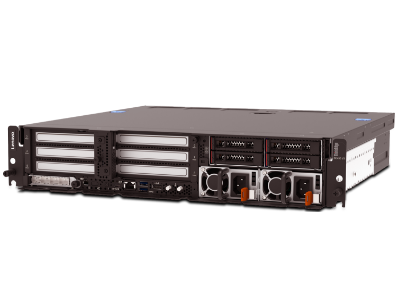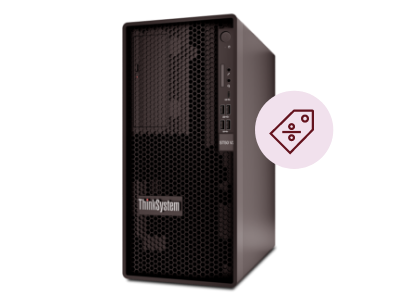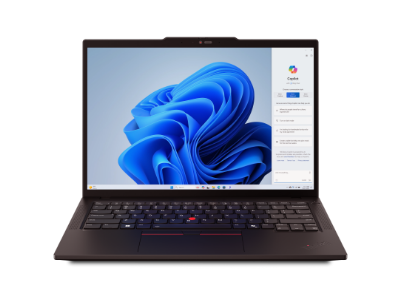-

 Accessibility
Accessibility -

 Contact Us
Contact UsSales:
Order Support:
-

 Rewards
Rewards -

 Account
Account -

 Cart
Cart -
Shop the public website: Lenovo.com
|
-
LenovoPRO Small Business Store
|
-

 Accessibility
Accessibility -

 Contact
ContactHelp placing an order
Business order help
Existing order help
-

 Rewards
Rewards -

 Account
Account -

 Cart
Cart
-
LenovoPRO Small Business Store
|
-

 Accessibility
Accessibility -

 Locator
Locator -

 Contact Us
Contact UsHelp placing an order
Business order help
Existing order help
-

 Rewards
Rewards -

 Account
Account -

 Cart
Cart
-
LenovoPRO Small Business Store
|
-

 Accessibility
Accessibility -

 Contact
ContactHelp placing an order
Business order help
Existing order help
-

 Rewards
Rewards -

 Account
Account -

 Cart
Cart
-
LenovoPRO Small Business Store
|
-

 Accessibility
Accessibility -

 Contact
ContactHelp placing an order
Business order help
Existing order help
-

 Rewards
Rewards -

 Account
Account -

 Cart
Cart
What is Supercomputing?
In simple terms, supercomputing is computing on a very large scale. This could mean performing calculations at incredibly high speeds or dealing with extremely large data sets. In either case, supercomputers are incredibly powerful tools that can help us solve complex problems.
Supercomputing refers to the computing systems that are significantly more powerful than conventional computers. They can run complex applications and simulations at very high speeds, making them ideal for tasks that require large amounts of processing power.
Supercomputers are often used for intensive tasks such as analyzing large data sets, weather modeling, and complex scientific calculations.
Supercomputing Definition:
Supercomputing is the term used to describe the processing of massively complex or data-laden problems. It covers a range of activities, from weather forecasting and climate modeling to financial analysis and medical research.
In each case, supercomputers are used to crunch huge amounts of data in order to find solutions or make predictions. The first supercomputers were built in the mid of nineteenth century, and they have since become increasingly powerful and sophisticated. Today, the most powerful supercomputers can perform trillions of calculations per second, making them an essential tool for many industries and organizations.
How do supercomputers work?
Supercomputers are designed to have high levels of processing power, memory capacity, and storage capacity. They also usually have multiple processors (the central processing units or "CPUs" that perform the calculations) working in parallel to increase their speed. In addition, supercomputers often use special accelerators (such as graphics processing units or "GPUs") to further boost their performance.
What are the trends in Supercomputing?
Today, the hottest trends in supercomputing are artificial intelligence (AI), big data analytics, and edge computing.
AI is being used more and more to power intelligent applications and services. By harnessing the processing power of supercomputers, AI can be used to solve complex problems and make better decisions.
Big data analytics is another area where supercomputers are being put to good use. By analyzing large data sets, businesses can gain valuable insights into their operations and make better-informed decisions.
Edge computing is another growing trend in supercomputing. Edge computing refers to the process of bringing computation and data storage closer to the point of action. This can help to improve performance and reduce latency.
These are just some of the latest trends in supercomputing. As demands continue to grow, supercomputing will continue to evolve to meet them
Why supercomputing?
A supercomputer is a computer that is significantly faster than a general-purpose computer. The speed of a supercomputer is measured in floating-point operations per second (FLOPS). A supercomputer typically performs at least a million FLOPS and can perform up to a billion or more.
Supercomputers are used for tasks that require a lot of computing power. They are also used for scientific research, such as astrophysics and quantum mechanics. Supercomputing is an important tool for understanding and solving complex problems. Thanks to the speed of supercomputers, we are able to tackle problems that would be impossible to solve with traditional computers.
Similarities and differences between computing types
The term supercomputing is sometimes used synonymously for other types of computing. But other times, the synonyms can be confusing. To clarify some similarities and differences between computing types, here are some common comparisons.
Supercomputing vs. HPC
Supercomputing typically refers to the process of complex and large calculations used by supercomputers. In contrast, high-performance computing (HPC) is the use of multiple supercomputers to process complex and large calculations. While both supercomputing and HPC can be used interchangeably.
Supercomputing vs. parallel computing
Quantum computing is a computing model that harnesses the laws of quantum mechanics to process data, performing computations based on probabilities. Quantum computers are not limited by the number of processors they can use; they can theoretically use an infinite number of processors simultaneously. As a result, quantum computers have the potential to be much faster than even the fastest supercomputers.
What is a supercomputer used for?
These supercomputers are used for a variety of purposes, from weather forecasting and climate modeling to quantum mechanics and large-scale data analysis. While their speed is impressive, it's worth noting that the first computers were only able to perform a few thousand FLOPS. In other words, we've come a long way in a very short time. And with Moore's Law predicting that computer speed will double every two years, it's safe to say that the future holds even more amazing advances.
Lenovo for Supercomputing
Over the past decade, Lenovo has established itself as a leader in the supercomputing market. With its industry-leading line of ThinkSystem servers, Lenovo provides the power and flexibility to handle the most demanding workloads.
Whether it's powering the latest scientific research or driving business insights, Lenovo is the go-to choose for those who need the best performance. And with its new line of ThinkAgile HPC solutions, Lenovo is making it easier than ever to deploy and manage a high-performance computing environment.
With its combination of high performance and easy management, Lenovo is the clear choice for those who need the most from their supercomputing investment.
The Lenovo Advantage
There are so many ways you can save a bundle at Lenovo with regular deals on new laptops, desktops, tablets and electronic devices. Plus, take advantage of our price match guarantee and financing options, or additional savings with exclusive Lenovo coupons.
If you’re a small business owner, you can take advantage of additional business benefits and savings by signing up for a free Lenovo Pro membership.
If you’re a student, teacher, healthcare worker, military member or senior, verify safely through ID.me to validate your eligibility for additional discounts when you buy.
Don’t forget to sign up to My Lenovo Rewards and Smart Family before you buy to earn rewards that can be applied to future purchases.
And at Lenovo, we also have a special trade-in program for users of outdated laptops, computers and other electronics looking to trade up into a modern device.
And for businesses, students and gamers, join one our free Lenovo online communities for SMB, education or gaming. Get connected with your peers, stay engaged, learn and share.
Don’t miss all these opportunities to save plus free shipping on all products.

